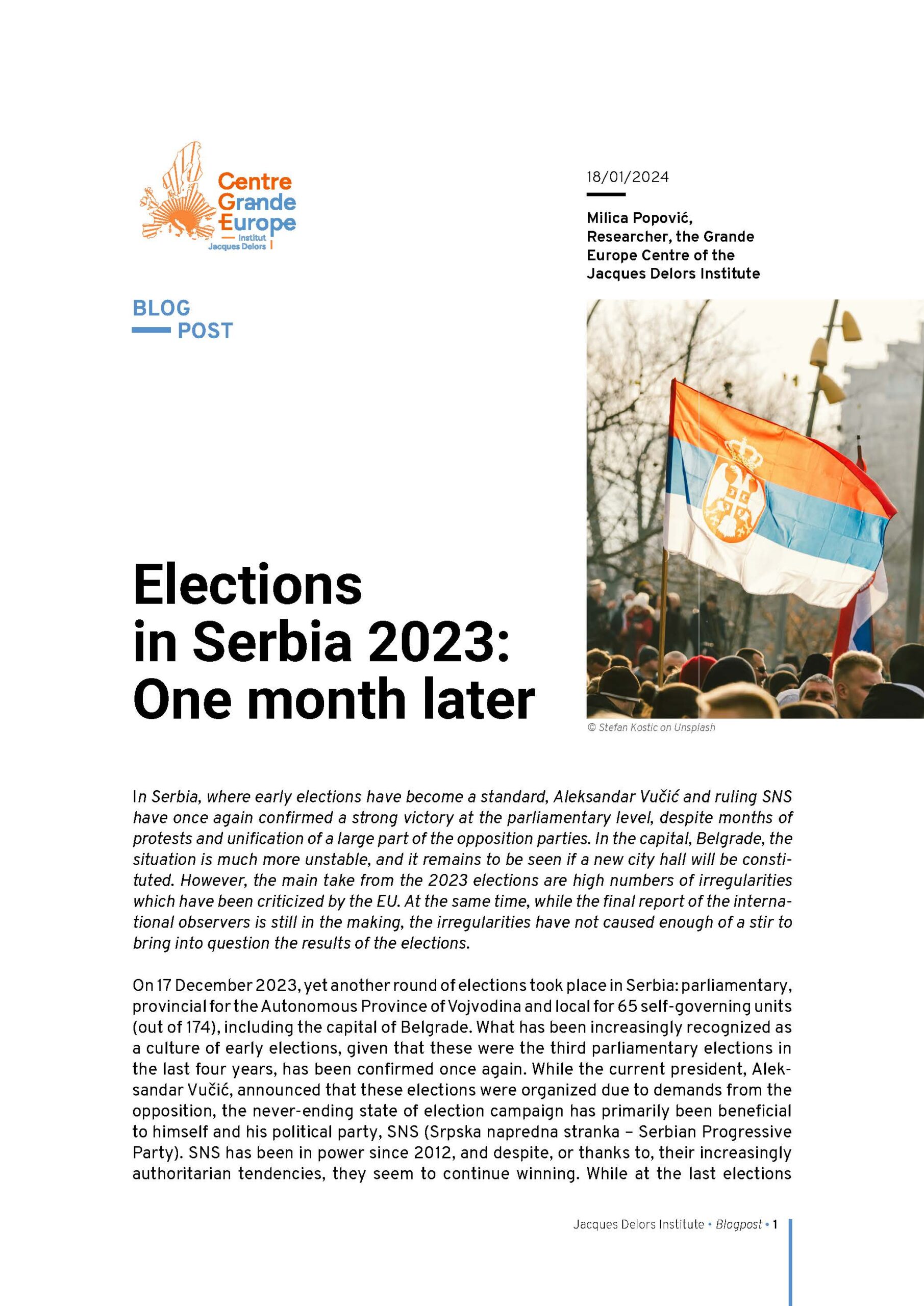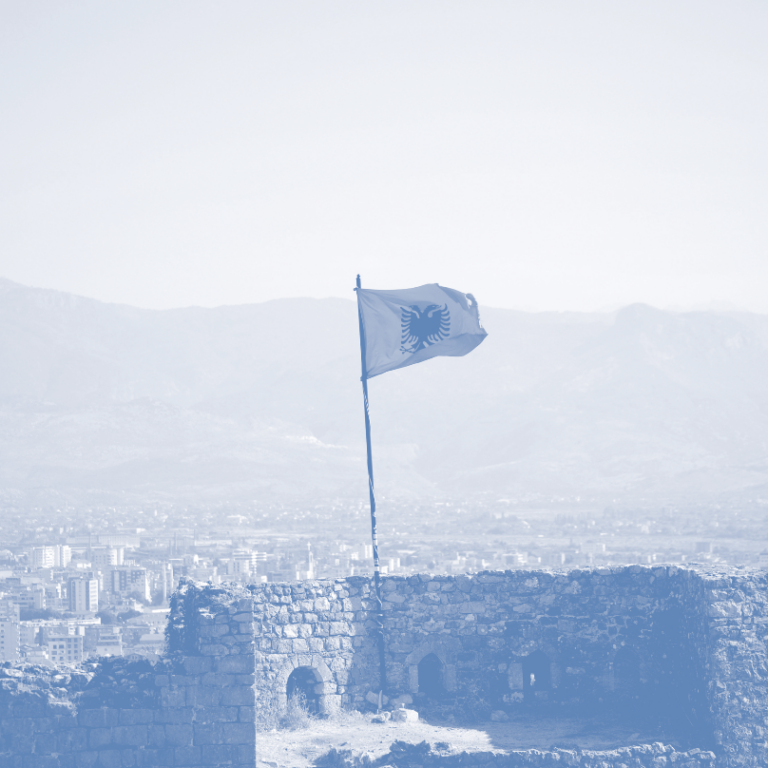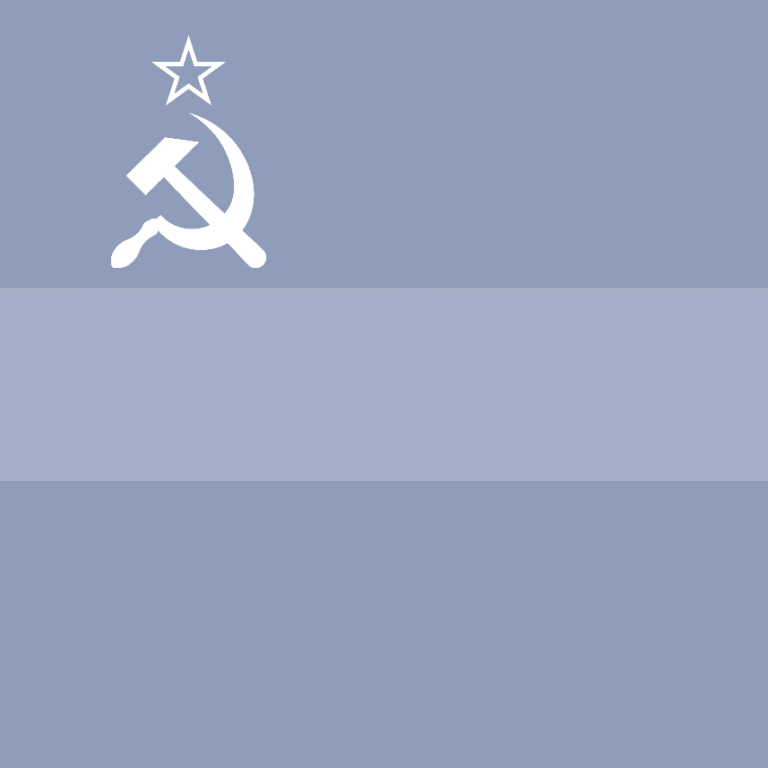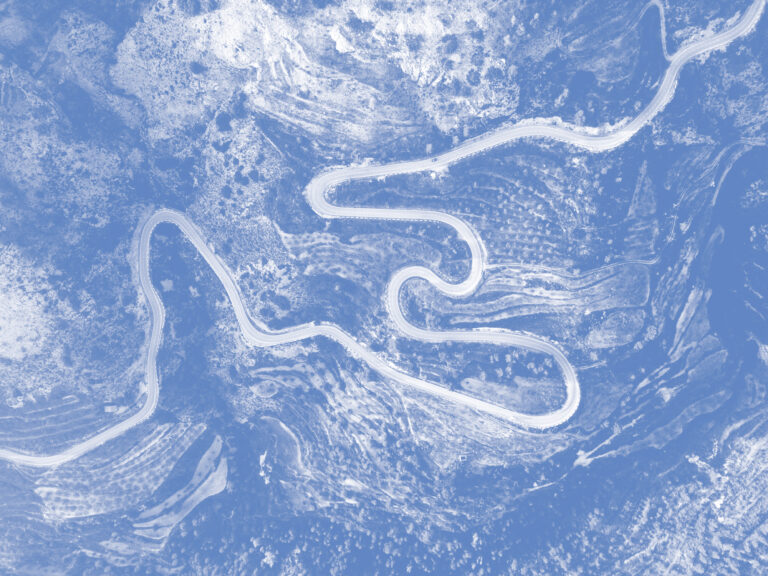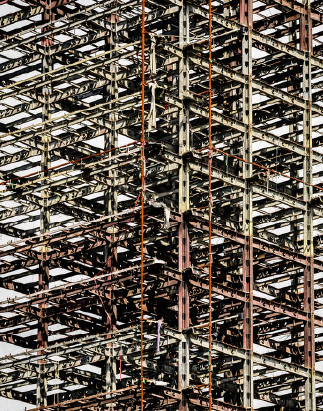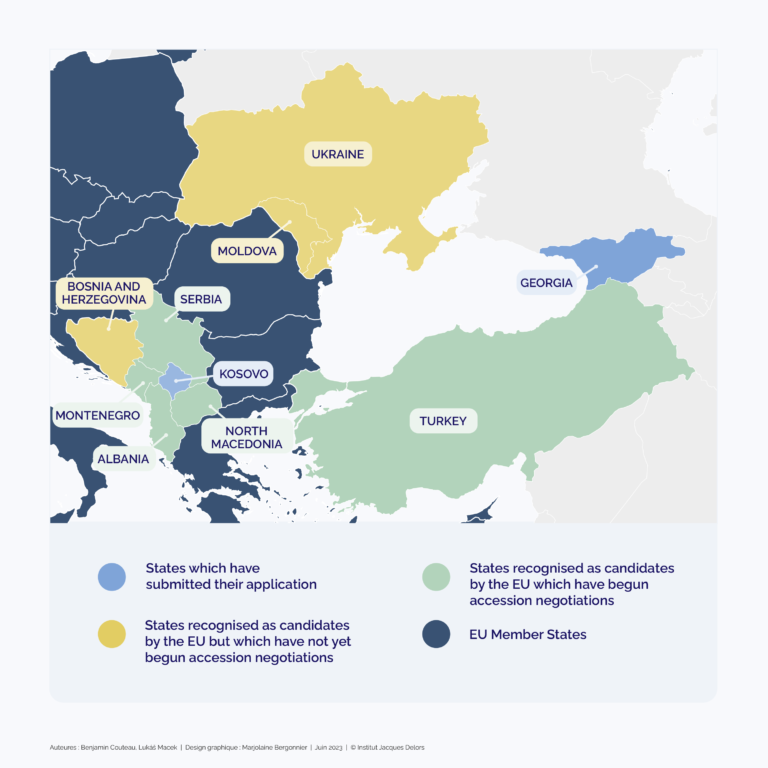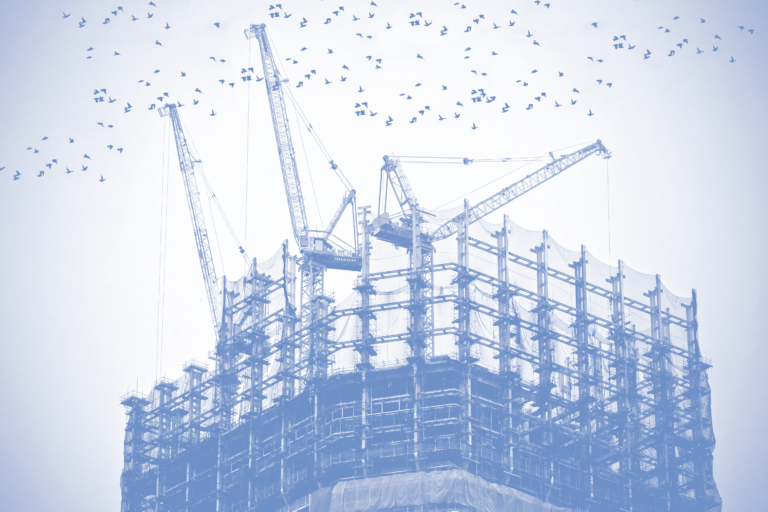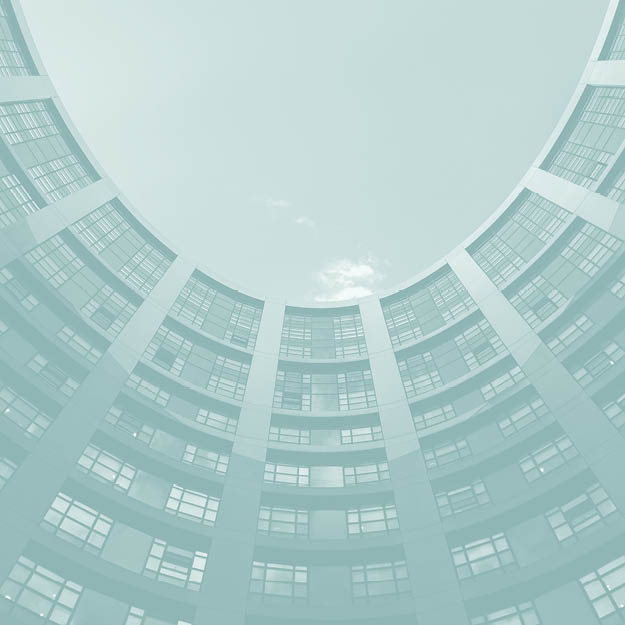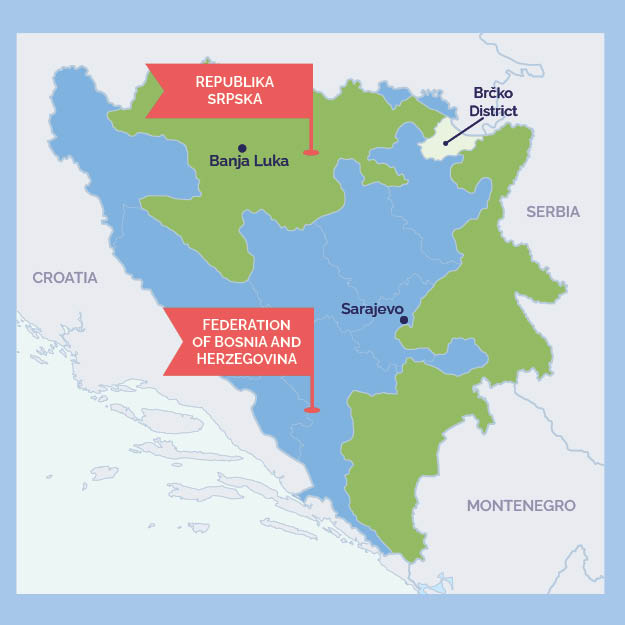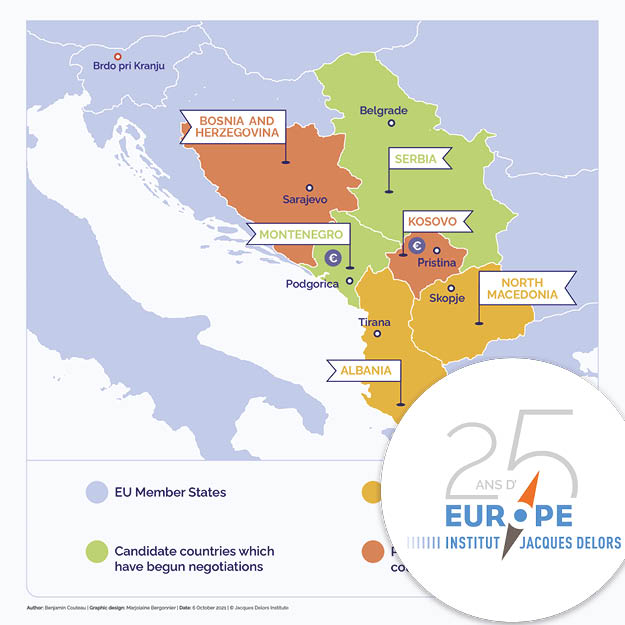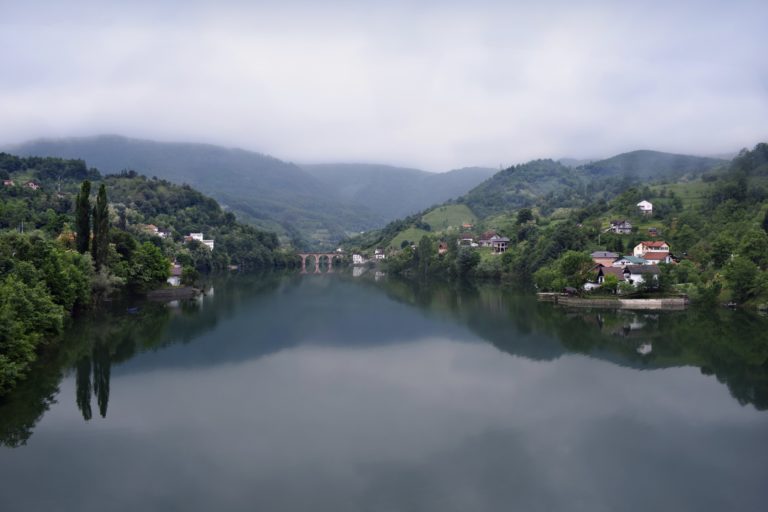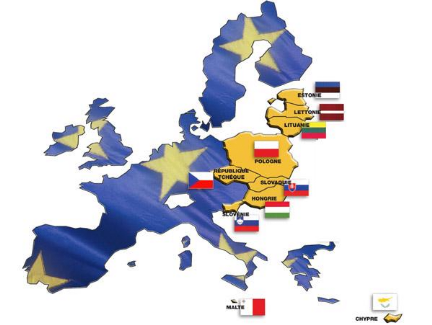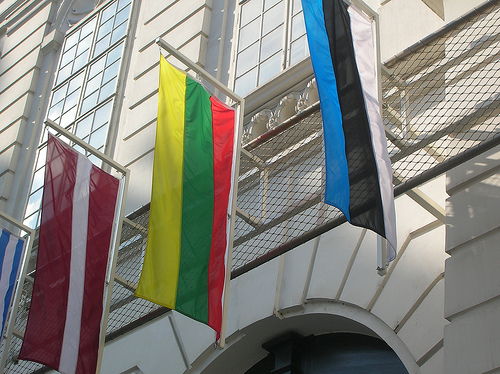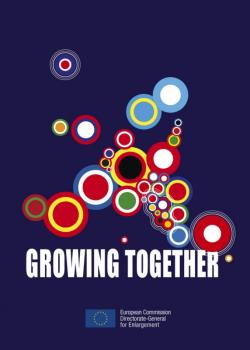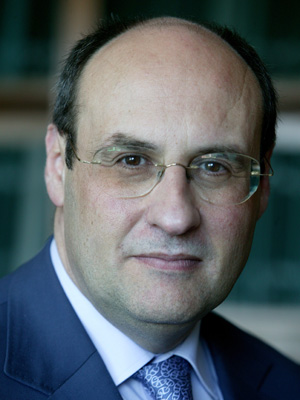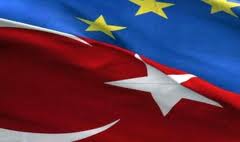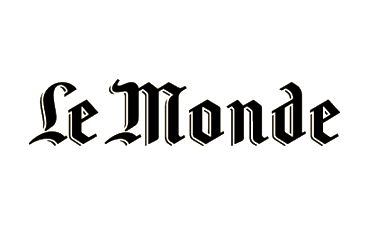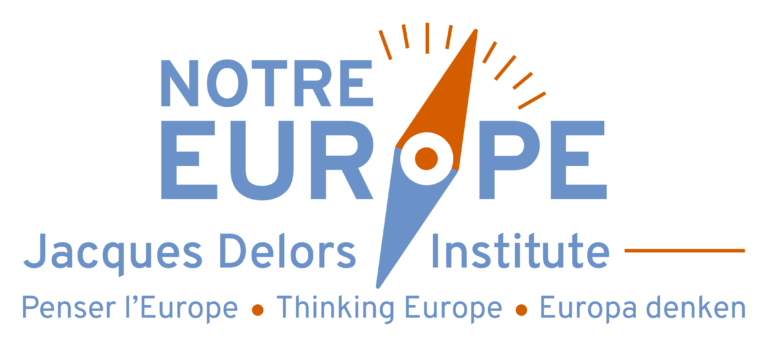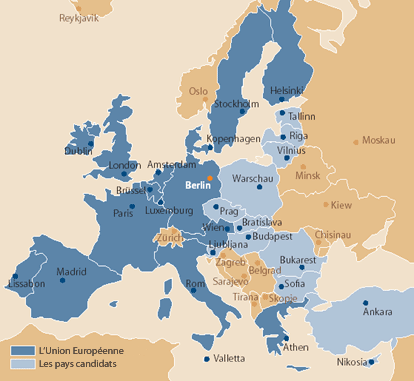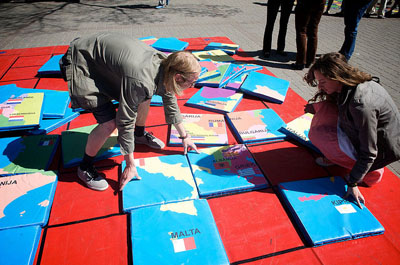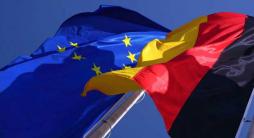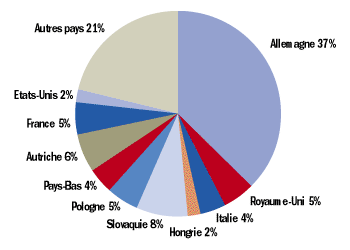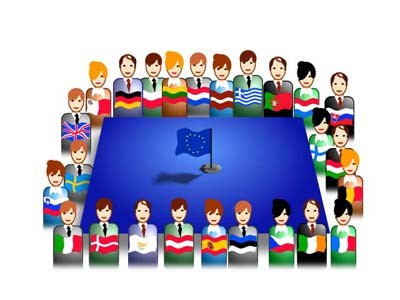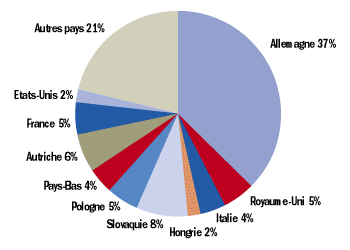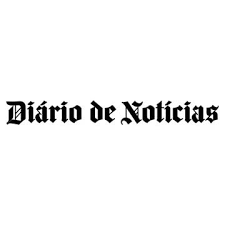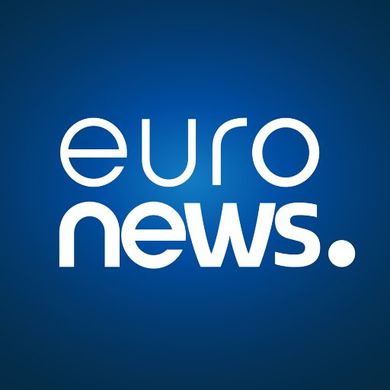Blog post
Elections in Serbia 2023: One month later
Quote this article
Popović, M. “Elections in Serbia 2023: One month later“, Blogpost, Paris: Jacques Delors Institute, January 2024
In Serbia, where early elections have become a standard, Aleksandar Vučić and ruling SNS have once again confirmed a strong victory at the parliamentary level, despite months of protests and unification of a large part of the opposition parties. In the capital, Belgrade, the situation is much more unstable, and it remains to be seen if a new city hall will be constituted. However, the main take from the 2023 elections are high numbers of irregularities which have been criticized by the EU. At the same time, while the final report of the international observers is still in the making, the irregularities have not caused enough of a stir to bring into question the results of the elections.
On 17 December 2023, yet another round of elections took place in Serbia: parliamentary, provincial for the Autonomous Province of Vojvodina and local for 65 self-governing units (out of 174), including the capital of Belgrade. What has been increasingly recognized as a culture of early elections, given that these were the third parliamentary elections in the last four years, has been confirmed once again. While the current president, Aleksandar Vučić, announced that these elections were organized due to demands from the opposition, the never-ending state of election campaign has primarily been beneficial to himself and his political party, SNS (Srpska napredna stranka – Serbian Progressive Party). SNS has been in power since 2012, and despite, or thanks to, their increasingly authoritarian tendencies, they seem to continue winning. While at the last elections only in April 2022, SNS had 120 out of 250 seats in the parliament, December 2023 elections have brought them even better results and a possibility to strengthen their government further.
May 2023 brought upon Serbia an unfathomable tragedy – two mass shootings took place. On 3 May, a young pupil has killed nine other school children and a security guard at a Belgrade primary school “Vladislav Ribnikar”. On 4 May, a young man killed eight people in Mladenovac, a small town near Belgrade. In the state of shock and grief, the citizens organized weekly protests which added pressure to the opposition parties to make a coalition with civil society, under the name “Serbia against violence”. As the citizens demanded resignations of various state officials and stronger regulations of the media landscape, some officials of the opposition parties seized the opportunity to ask for elections convinced that the massive protests4 could lead to the fall of Vučić’s reign.
Between 23 and 24 September, following months of tensions in the region and unresolved issues of license plates and elections of mayors of cities in municipalities with Serbian majority, under still unclarified circumstances, Serbian assailants attacked Kosovo police, killing one Kosovo Police sergeant. In the fights that ensued, once the assailants hid in the monastery of Banjska, three assailants were killed and more apprehended. The incident was considered the most serious endangerment of regional peace in over a decade, and its instigators and the motives are yet to be fully revealed. While the far right in the Balkans profited from the incident5, it remains unclear if Aleksandar Vučić was anyhow aware of the incident. What he was aware of, however, was that in this atmosphere of high tensions and feelings of insecurity within and around the country, it was about the right moment to declare the next election round – and so he did on 1 November.
The electoral atmosphere: unequal playing field
With about 6.5 million voters registered, two main contestants were the governing SNS-led “Aleksandar Vučić – Serbia Must Not Stop” and partly unified opposition, “Serbia Against Violence” coalition. As always, the contesting parties did not truly elaborate their political programmes during the campaign, as they focused on personal attacks against the government, on one side, and against the opposition, on the other. On the agenda the most prominent issues were economic ones, the status of Kosovo, migration issues and only sporadically the EU integration process, while for the opposition parties the focus was on the wrongdoings of the government, as much as for the governing parties the focus was on their achievements. A possibility of accession to the European Union still carries low interest and the credibility of the process has not been restored for the topic to take a more important place in the electoral debates.
It would be difficult to remember an election campaign in Serbia which did not consist of highly personalized attacks between political figures. What is marking contemporary Serbia is also a very dim state of affairs, to put it mildly, in the media sector. Attacks on journalists happen on an almost daily basis, and election campaigns always provide fertile ground for such attacks. On social media, government officials targeted independent media journalists: as an example, Minister of Trade, Tomislav Momirović in an Instagram post, since deleted, called journalists “scum” and “garbage”, threatening that they will “pay and will be cleaned in these elections”. Well known for his propensity to aggressive treatment and vile threats since his student days, Momirović, unfortunately, was not the only one – Prime Minister, Ana Brnabić, as well as other SNS high officials had their fair share of insults to the media representatives. The Independent Association of Journalists of Serbia (NUNS) reported total of 183 attacks on journalists in 2023, including 11 physical attacks. Opposition parties claimed that they were prevented from accessing national public and private broadcasters during the campaign, but not only, while the private broadcasters claimed that opposition political figures regularly decline participation in their programmes. Despite the newly adopted Law on Electronic Media, and the Law on Public Information and Media, provisions aimed at securing a more equitable and fair media atmosphere were not effectively implemented. Having a president leading an election campaign assured that the broadcast time was unevenly distributed, damaging the access to public space of opposition parties.
In addition to deficiencies such as the lack of candidate list representing the Roma community, and general lower participation of women in the campaign, despite the respected gender quotas on electoral lists, another major issue was recognized as a serious hindrance to the democratic character of elections in Serbia: alleged manipulations with the Unified Voter Register (UVR). Legally, permanent residence is not a prerequisite for the right to vote but voter registrations could be manipulated to produce specific results at a local level. Even if electronic government portal allowed for voters to check their registration data and submit complaints in any cases of mistakes, intentional or not, the issue of veracity of registration data was questioned even before the elections took place. Even if the Ministry of Public Administration and Local Self-Government established a working group already in 2019 to audit the UVR, the audit was never conducted due to legal restrictions on personal data privacy.
As the government is claiming the elections were conducted in perfectly democratic conditions, the Republic Electoral Commission (REC) indeed accredited over 5000 observers from civil society organizations and 475 international observers. However, the civil society and the opposition parties have underlined that their space for observation was strongly limited due to direct and indirect pressure and threats from the representatives of the governing parties.
The contentious day
In the parliamentary elections, 250 members are elected for a four-year term through a proportional representation system with closed candidate lists from a single national constituency. Mandates are distributed among candidate lists that receive at least 3 per cent of the votes cast. Lists representing national minorities are exempt from this threshold. Polling stations were also formed for voters residing in Kosovo, and for voters residing abroad (approximately 40 000 registered).
The joint observation mission from the OSCE Office for Democratic Institutions and Human Rights (ODIHR), the OSCE Parliamentary Assembly (OSCE PA), the Parliamentary Assembly of the Council of Europe (PACE), and the European Parliament (EP), in their early report from 18 December 2023, stated that the observers noted a number of irregularities: misuse of public resources; the lack of separation between the official functions and campaign activities; harsh rhetoric and bias in the media; group voting and intimidation and pressure on voters, including cases of vote buying; despite the adequate legal framework for democratic elections and increased transparency of the work of the REC. The observers noted isolated incidents of physical attacks, like the one on the vehicle belonging to the Center for Research, Transparency and Accountability (CRTA) in the town of Odžaci. As early as 18 December, international observers did note allegations of voters living abroad coming to vote in Belgrade local elections by buses organized by SNS and/or the government with video footages surfacing and showing Štark Arena, as a hub for organizing voters from Bosnia and Herzegovina registered in Belgrade. All such allegations have been rejected by the Prime Minister and the President.
At 21:30h on 17 December, Prime Minister Ana Brnabić announced victory for SNS for parliamentary elections.
On the night of the elections, protests broke out spontaneously in front of the REC, led by students and visibly uncoordinated opposition. Marinika Tepić, Member of Parliament and vice-president of the Party of Freedom and Justice (SSP), together with two other MPs from the same political party – Branko Miljuš and Jelena Milošević, decided to lead a hunger strike, which lasted for 12 days. Protests continued daily and were marked by open disagreements between the protesting citizens and present opposition leaders, as well as among opposition leaders themselves. The citizens criticized the opposition for being too soft and undecided on future steps. On 24 December, the protests took a violent turn when the protestors broke windows on the city hall in Belgrade, and the police responded with brutality. That night 11 people were put into custody, while it is unclear if they have all been released since. Republic Ombudsman Zoran Pašalić stated that he will initiate an investigation into police brutality on the occasion. In parallel, the SNS Prime Minister, Ana Brnabić, stated that the Russian intelligence services had warned the government of an opposition plan to destabilize Serbia and many pro-government media have denounced the protests as the Western “Maidan” plan.
The REC and the City Electoral Commission rejected the fraud complaints from the opposition, confirming the announced results as final (Figure 2).
Similar results have been confirmed for the Autonomous Province of Vojvodina, with of course more prominent win for the Alliance of Vojvodina Hungarians. In Belgrade, even if in some central municipalities like Vračar and Stari grad opposition did have an absolute win, the struggle was closer. However, SNS remained the winner and as the City Electoral Commission announced this will be the future arrangement of the City Hall.
Besides the clear victory of SNS, who can easily form a government immediately without any need for support for any other political parties, we could notice other significant developments. In Belgrade, SNS would need 56 mandates to form the city government, thus they will need “We – Voice of the People” to join the coalition with SNS and SPS. If this does not take place, the elections might have to be repeated.
The far-right parties have been left out of the parliament, and the biggest surprise winner of these elections is the electoral list “We – Voice of the People” (Prof. Dr. Branimir Nestorović)”.
Branimir Nestorović, a renowned pulmonologist, became popular during the Covid pandemic as one of the biggest conspiracy theories’ supporters, gathering antivaxxer and other obscure groups. In the 2022 elections, he was on the electoral list of Dveri but this time he decided to run alone. During Covid pandemic he ridiculed the virus, was outspoken against the vaccinations, but also given statements about teleportation and time-travel in the course of voluminous media time he was given, on TV and internet platforms. At the same time, he expressed explicitly against the independence of Kosovo, and identified his politics as pro-Kremlin and anti-EU. However, this was deemed as insufficient for his electoral success and many stories of the governmental support to his campaign and success are currently ordinating among analysts and opposition figures. His closeness to the governmental circles was confirmed when on 8 January in Banjaluka he attended celebrations in honor of the Day of Republika Srpska, seated next to Aleksandar Vulin, former Head of the Security Information Agency.
It seems like Nestorović took over the votes from the far-right parties, which have been the biggest losers, like the former Foreign Minister Vuk Jeremić’s People‘s Party (NS), or the coalition ”National Gathering” made up of Dveri and Zavetnici. They all failed to cross the 3 per cent threshold, both at the parliamentary level and at the Belgrade level. Vojislav Šešelj‘s Serbian Radical Party, in Belgrade went in coalition with SNS but it remains to be seen if any of their members will enter the city parliament. Former Vučić’s Minister of Finance, Saša Radulović, and former President and leader of what was once Democratic Party, Boris Tadić also did not make it to any of the assemblies. Even if in total the voter body of the far-right parties seems stable, due to their divisions they have been now left out and/or replaced by SNS as a first choice and Nestorović as a new face in the field.
Only right-wing coalition that entered the assemblies is NADA, coalition of the Democratic Party of Serbia (DSS) and the Movement for the Restoration of Kingdom of Serbia (POKS). Quiet opposition party which did not support the post-election protests, despite expressed beliefs that the electoral atmosphere was not democratic and the overall situation in the country is indeed slipping into an autocracy.
What seems evident is that the overall political scene in Serbia is overwhelmingly rightwing. The fact that the far-right wing opposition parties did not enter the parliament simply confirms the right-wing orientation of the government which satisfies this voters’ body. Even among the SPN opposition coalition parties, not all have center liberal and left-wing ideological stands. The opposition political parties are not necessarily always (more) pro-European than the current government, an element to be kept in mind.
Aftermath
While both the students and the opposition have claimed they will continue their struggle in the days after the holidays, it is still unclear what their plans actually are. Despite the initial dissatisfaction of students with opposition leaders and their indecisiveness, it remains to be seen if their organizational capacities will bring forward new developments. The opposition’s expectations of heightened international pressure seem to not have been fulfilled. Even if the Party of European Socialist sent a letter expressing their concerns, and the head of the observer mission of the European Parliament, Klemen Grošelj, expressed his skepticism towards the European future of Serbia due to the elections’ manipulations and final results, we still did not witness strong and explicit pressure from Washington and Brussels. This criticism has been expressed by certain German political figures like Thomas Hacker (Free Democratic Party), Bundestag representative for the Western Balkans21 and Michael Roth (Social Democratic Party), Chair of the Bundestag Foreign Affairs Committee. However, Aleksandar Vučić and his government have smartly adopted the decision of allowing Kosovo car plates entering the Serbian territory on 25 December, which was then followed by the reciprocate decision of Kosovo government on 4 January 2024. The timing of the decision confirms the longplayed game in which Vučić is making himself indispensable for resolving the Kosovo issue. Vučić’s reign seems stable and untouched, and the opposition parties have not yet succeeded in building a strong unified block, the same affliction that weakened and eventually brought down their power from 2000 to 2012.
It is clear that at the parliamentary level, SNS will remain an undisputed power and Aleksandar Vučić will continue to play the key role in the Western Balkans. There is no change in sight to the authoritarian environment in Serbia and no hope for more decisive steps being taken in the direction of EU integration. The economic situation continues to seem dim, and the high emigration rates are not expected to drop anytime soon. It is to be hoped for that the political climate in Serbia will bring something new, if at least true political debates and serious political programmes making it easier for voters next time to make a decision. But moreover, we will have to see how long will this time the voters have before having to attend the polling stations again.
SUR LE MÊME THÈME
ON THE SAME THEME
PUBLICATIONS
Towards an Agenda 2030 for Enlargement

Albania’s steep road for accession by 2030

EU enlargement and the post-2027 Multi-Annual Financial Framework

Enlargement needs an Associated State status

THE EUROPEAN POLITICAL COMMUNITY

Transnistria, in the shadow of the war in Ukraine

New Growth Plan for the Western Balkans

Montenegro’s EU Push: Imminent Opportunities and Challenges

Rival Influences in the Western Balkans: Hard Facts and Limitations

The European Political Community’s own merits and limits

Enlargement of the European Union: an unexpected revival

Advocating gradual accession to the European Union

How enlargement accomplishes European unity while changing its nature

Launch of the Jacques Delors Institute’s Grande Europe Centre dedicated to enlargement

The European Political Community

Bosnia and Herzegovina under pressure

Western Balkans:
where is the enlargement process up to?

United in growing diversity: How the EU takes intercultural relations into account in its Western Balkans enlargement policy

The EU and enlargement ten years on: success and improvement

The Baltic states in the EU: yesterday, today and tomorrow
What borders for the EU: a variable geometry neighborhood?

“Europe” and its “enlargements”: enough… or do we want more?

Averting two pitfalls: illusion and inertia

Desperately looking for more EU-Turkey geo-political and geo-economic cooperation

The EU, its Neighbours and its Borders

Enlargement: a Tool for the EU, a Prospect for Our Neighbours

Enlargement of Europe: some consequences for France

European “avant-garde”, a new centre of gravity for Europe

Turkey at the gates of Europe

A new mechanism of enhanced co-operation for the enlarged European Union

Enlargement of Another Kind

The EU Institutional Crisis: By the Way… What do the new Member States think?

A driving force despite everything, Franco-German relations and the Enlarged European Union

Reform of EU policies in the perspective of enlargement and their financial implications

Direct investment in Central and Eastern Europe Union

Adaptation of Cohesion policy to the enlarged Europe and the Lisbon and Göthenburg objectives

Social Europe in the throes of enlargement

The Enlarged European Commission

Speech of Jacques Delors at the Conference of European Institutes of Statistiques

Direct investement in new Central and Oriental Europe’s member

Enlargement of the European Union: Towards a large area of solidarity and cooperation

An “Avant-garde” driving the European unification process forward

MÉDIAS
MEDIAS
L’Albanie au grand défi d’adhérer en 2030

“Existe o mito de uma UE antiga e pequena, onde as coisas eram faceis

What’s at stake for Europe in Ukraine’s EU membership talks?










